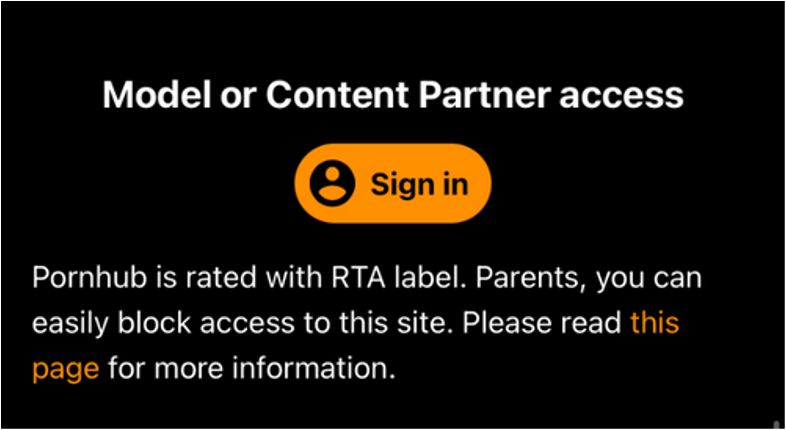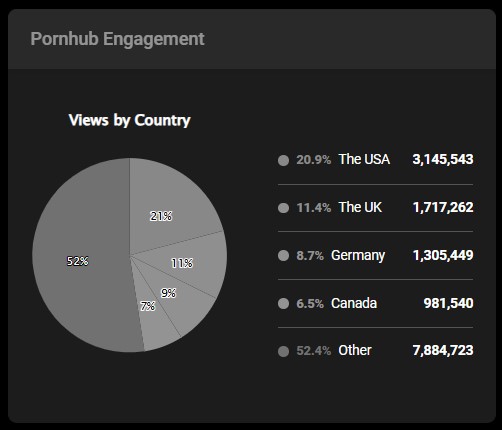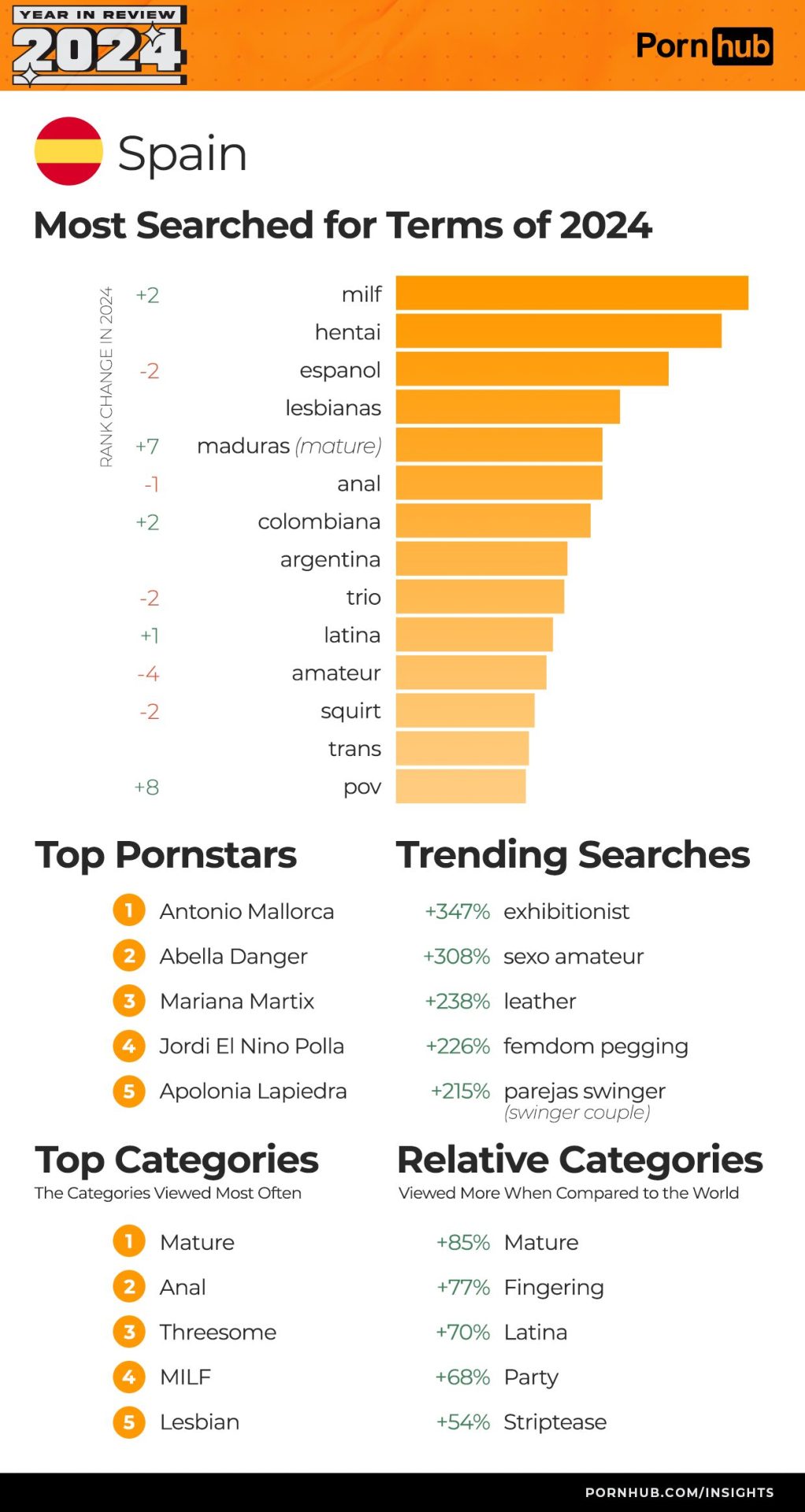In a move that sent shockwaves through the digital landscape, Pornhub and its sister sites, RedTube and YouPorn, have officially blocked access to users in France. This isn’t a glitch or a technical error—it’s a deliberate, defiant response to a standoff with the French government over new age verification laws.
The decision, made by parent company Aylo, stems from a directive by France’s digital regulator, ARCOM, which demanded that adult sites implement a stringent age verification system. Instead of complying with what they call a flawed and dangerous approach, Aylo chose to pull the plug entirely.
“We have made the decision to block access to our website from France,” stated Alex Kekesi, VP of Brand and Community at Pornhub. “We are not against age verification… What we are against is a solution that is not effective, that is bad for users and that is bad for content creators.”
Why Pull Out Instead of Comply?
For Aylo, the issue isn’t about *if* age should be verified, but *how*. The company has long argued that requiring users to upload identification to individual websites is a recipe for disaster, creating massive privacy risks and data vulnerabilities. Instead, they’ve advocated for a comprehensive, device-level solution—think parental controls built into phones and operating systems—that would apply across the entire internet, not just on a site-by-site basis.
By blocking France, Pornhub is making a powerful statement: they’d rather lose an entire country’s worth of traffic than implement a system they believe harms both users and the performers who rely on the platform for their livelihood.


So, What About the Creators?
The immediate question for many was: what happens to the French creators and those who have a large French fanbase? The good news is, verified models in France can still access their accounts, upload content, and earn money from views generated outside the blocked region. Pornhub is encouraging affected creators to get strategic to maintain their income streams.
Here are some of their top tips:
- Translate Your Titles: Check your dashboard’s “Engagement Insights” to see where your views are coming from. If you’ve got a surprise following in Germany or Brazil, translating your titles into German or Portuguese can be a game-changer for engagement.


- Collaborate Across Borders: Want to break into the Spanish market? Team up with a top Spanish star! Collaborations are a powerful way to tap into new fanbases. Just look at the success of Spain’s Ruth Lee and American powerhouse Johnny Sins, whose team-up won them a Pornhub Award.


- Leverage Shorties: The platform’s vertical video feature, Shorties, is a key discovery tool. By adding your official site or Linktree to your profile, the “More of Me” button on your Shorties becomes a direct pipeline to your paid platforms, helping you convert casual viewers into loyal fans.
“A Band-Aid on a Bullet Wound”: Performers Speak Out
The creator community has been vocal about the real-world impact of these laws. Many, like veteran performer Siri Dahl, have taken to social media to criticize regulations that they feel endanger performers and users alike by demanding sensitive personal data.
In one video, performer Melrose Michaels broke down how these laws often fail to protect minors while simultaneously threatening the privacy and income of legal adult creators. The consensus among many performers is that these measures are a “band-aid on a bullet wound” that punishes the wrong people.
“Blanket age verification laws are a threat to our livelihood and our privacy,” Siri Dahl has stated on her X (formerly Twitter) account, echoing a sentiment shared by many in the industry who fear their personal information could be compromised.
A Global Battleground
France is just one front in a growing global war over online age verification. Similar laws have been passed or are being debated in the UK, Australia, and several U.S. states, including Louisiana, Utah, and Texas. This makes the situation in France a critical test case for the future of adult content online.
Industry advocates, like the Free Speech Coalition, argue that these laws create a false sense of security and push users toward unmoderated, illegal sites that have no safety protocols. The battle lines are drawn: regulators demand site-level verification, while the industry and privacy advocates push for user-controlled, device-level solutions.
As the digital dust settles in France, one thing is clear: the debate is far from over. Aylo has drawn its line in the sand, betting that a unified, global solution is the only way forward.
“Until there is a real solution to protect minors that is adopted across the industry,” Kekesi concluded in his statement, “we have chosen to comply with the French authorities by taking this drastic step.”








